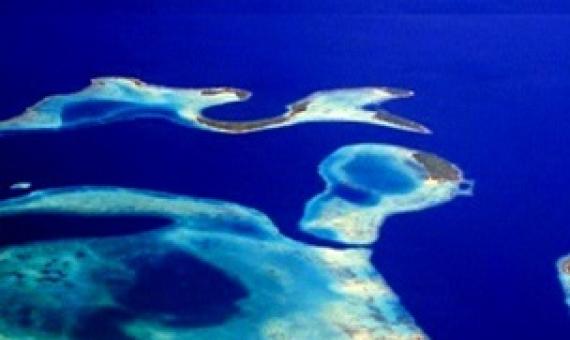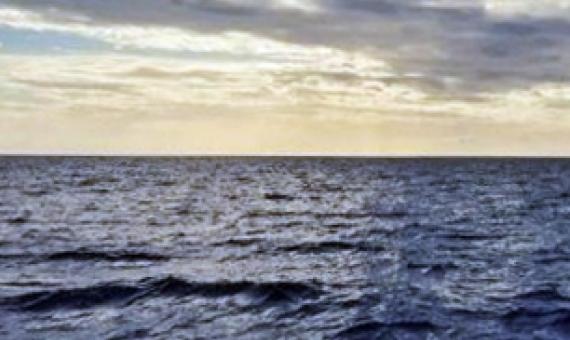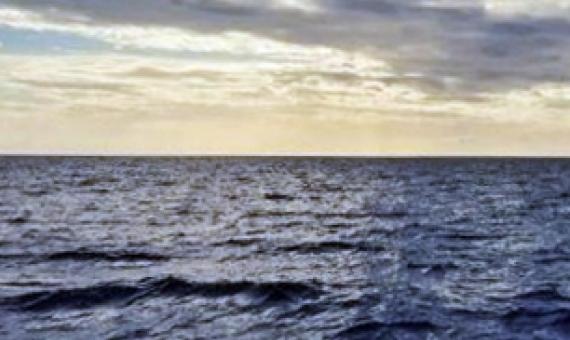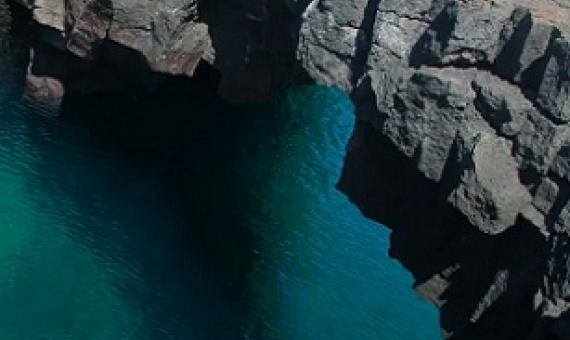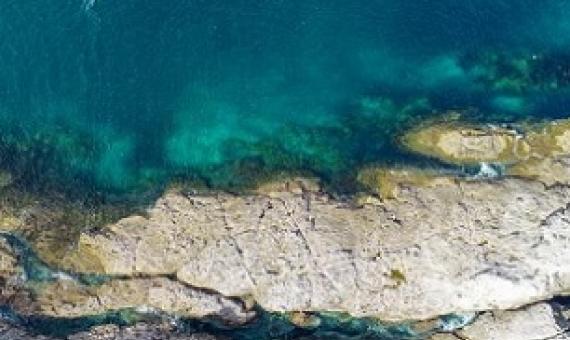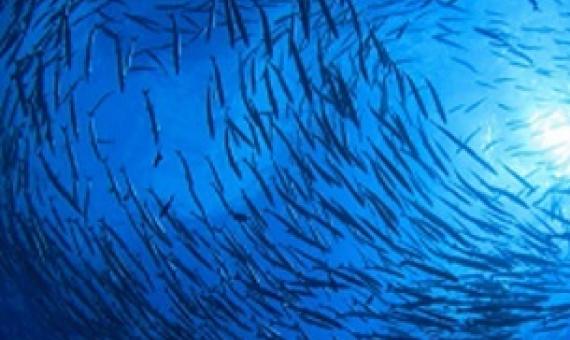Palau Cracks Down on Live Reef Fish Exports, Bans Involved Company
Palau, a Pacific Island nation, has taken a strong stance against the export of live reef fish, citing environmental concerns and threats to marine biodiversity. The government has banned at least one company found to be involved in this type of trade. This decision aligns with broader regional efforts to safeguard fragile reef ecosystems from over fishing and unsustainable commercial practices.

